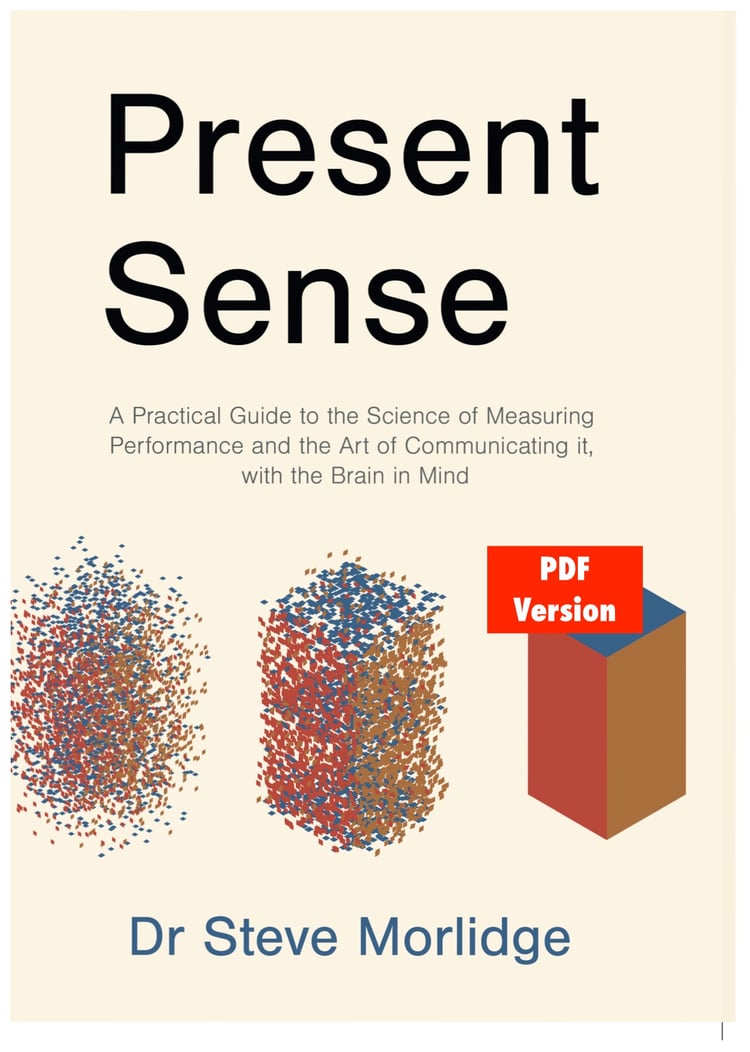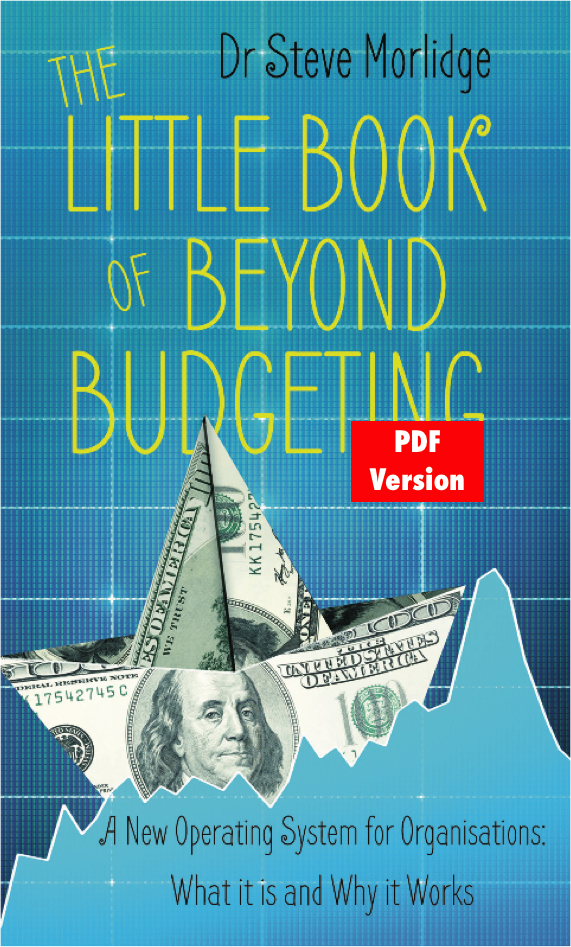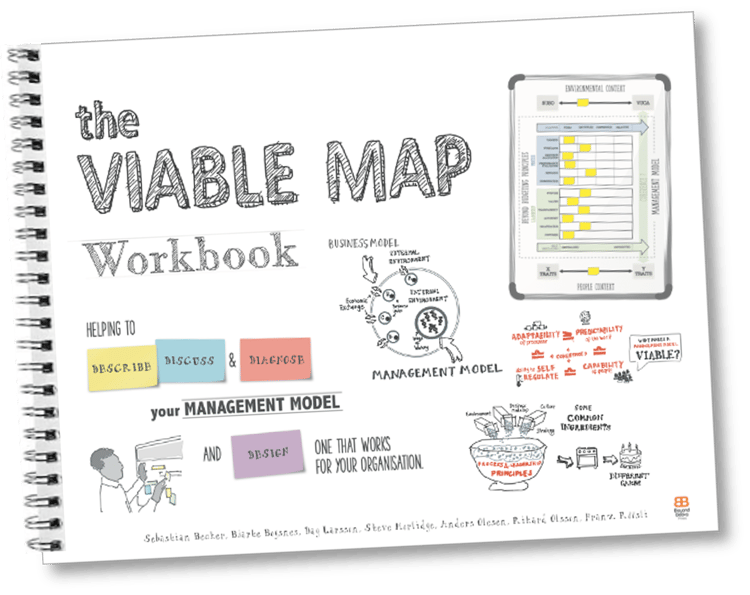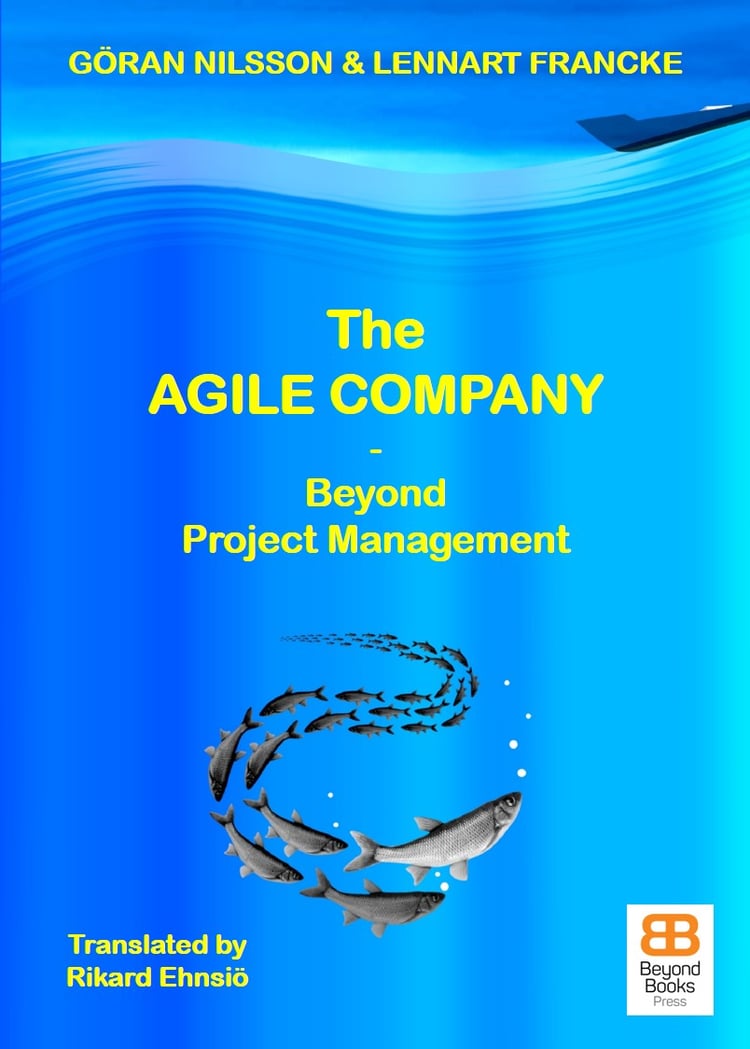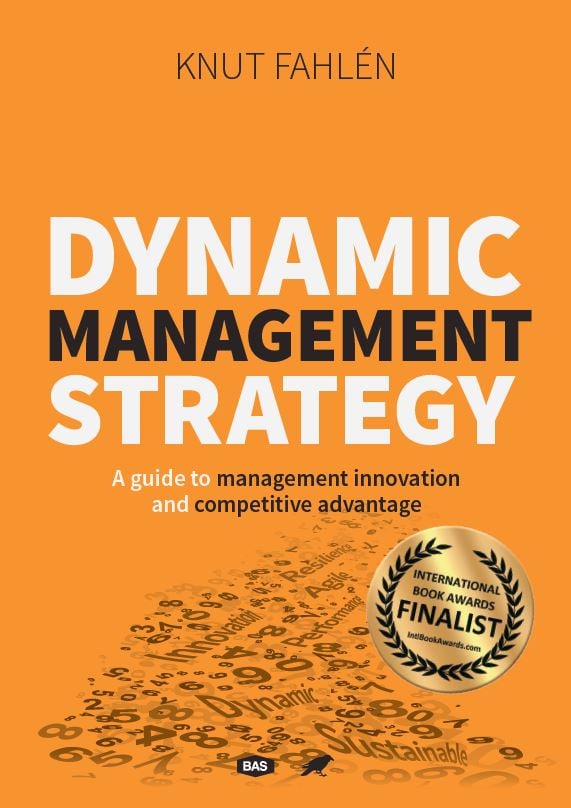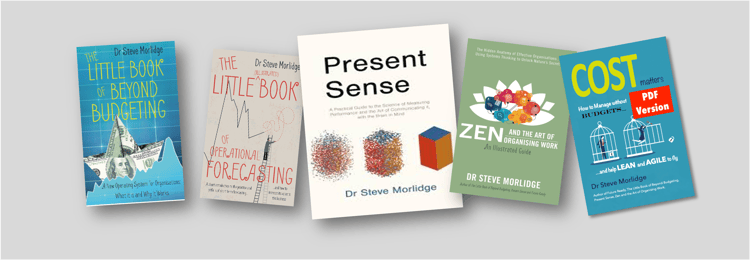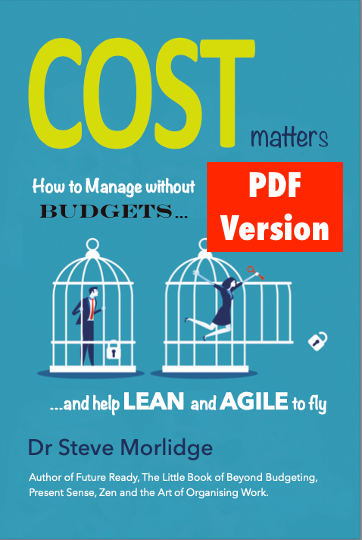
Zen and the Art of Organising Work, an Illustrated Guide (PDF)
This book represents the learnings from a long journey that started in the formative years of Beyond Budgeting with a simple question: ‘how come all of the companies that operate without budgets have adopted similar ways of working despite the fact that they did not know of each other’s existence?’
It suggested that that intuitively all these pioneers had grasped some fundamental truths that seemed, given their widespread applicability to be ‘scientific’ in nature. But what were they?
What began as a search for a quick and simple answer to a straightforward question turned into a major project. And the ultimate conclusion of this was that the concepts of Beyond Budgeting were a manifestation of a set of very general principles or laws that govern the operation of systems. And the same laws could be used to understand organisations as a whole and thus provide the context in which Beyond Budgeting sat.
Organisations are complex adaptive systems that can only be effectively regulated by applying cybernetic principles. This is more than a theoretical matter. Adopting the ‘systems’ perspective provides an integrating framework that not only yields profound insights but also helps decision makers to develop effective and robust solutions to a host of practical challenges.
This book is a synthesis of two decades of reading and research on the topic informed by many years of practical experience at the management coalface. And it is for anyone with deep curiosity and a love for
learning how organisations really work and where Beyond Budgeting fits in.
The book presents otherwise arcane and profound knowledge in a form that is easily accessible to every management practitioner through a series of short, simple 'lessons' each of which is supported by
engaging hand drawn illustrations to illuminate the text.
There are four main sections to the book:
- INTRODUCTION. This seeks to answer basic questions like 'what is an organisation?' and 'what makes it effective?'. It also argues that a hierarchical mechanistic model is not appropriate, instead advocating a systems based approach to understanding and designing organisation inspired by biology.
- STRUCTURE. This chapter sets out the essential components of an organisational structure based on systemic 'laws' and biological principles.
- REGULATION.This describes how the behaviour of an organisational system is regulated focussing on the nature and flow of information. The key characteristic of a viable system (one capable of surviving and thriving in an unpredictable information) is that it is capable of maintaining a set of 'essential balances' between its component parts.
- CONCLUSION. This chapter explores way in which the model can be applied and contains an extensive recommended reading list for those interested in learning more.
Note that this is generated as a unique watermarked PDF file and cannot not be shared without the authors permission.
About the Author
Steve Morlidge has been involved with Beyond Budgeting since its inception in 1998. As Controller of one of Unilever's largest subsidiaries he was one of the original sponsors and he subsequently led a Beyond Budgeting change project for the whole enterprise.
He is the author of six books on Beyond Budgeting related topics and completed a PhD exploring the links between Beyond Budgeting and systems theory. He is a visiting Professor at BBP University and a visiting fellow at Cranfield University.
'Explorer' members get a 10% discount on this product and 'Implementer' members 25%.


